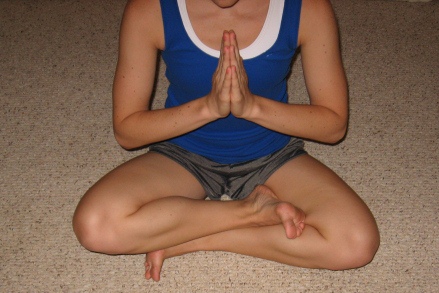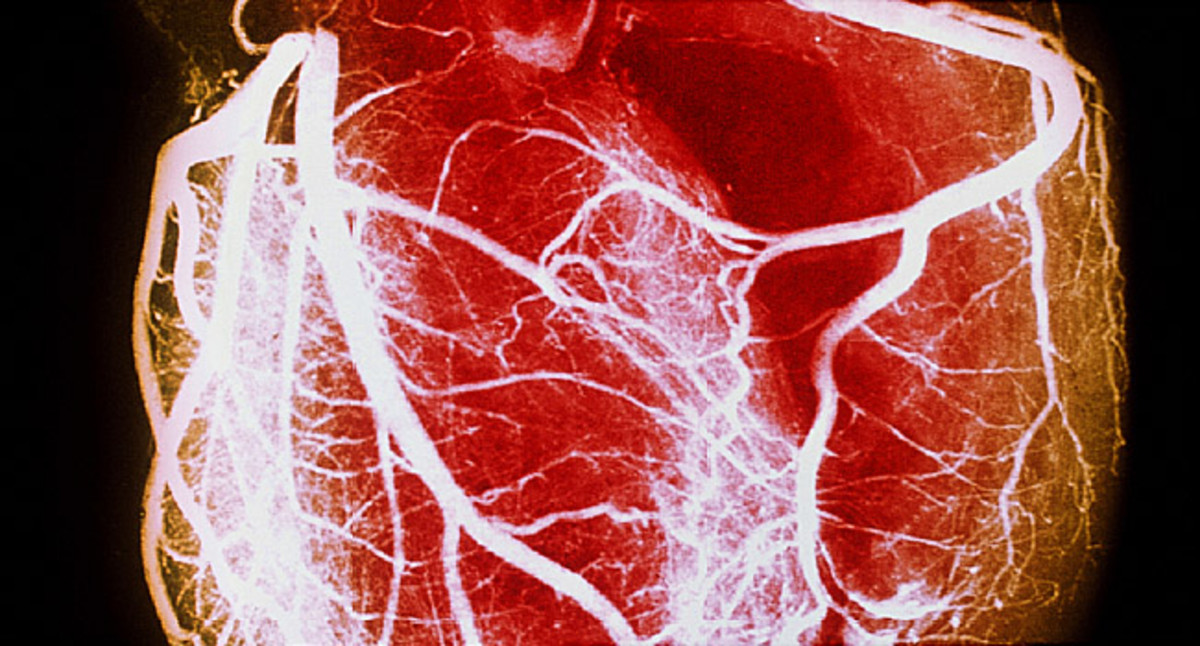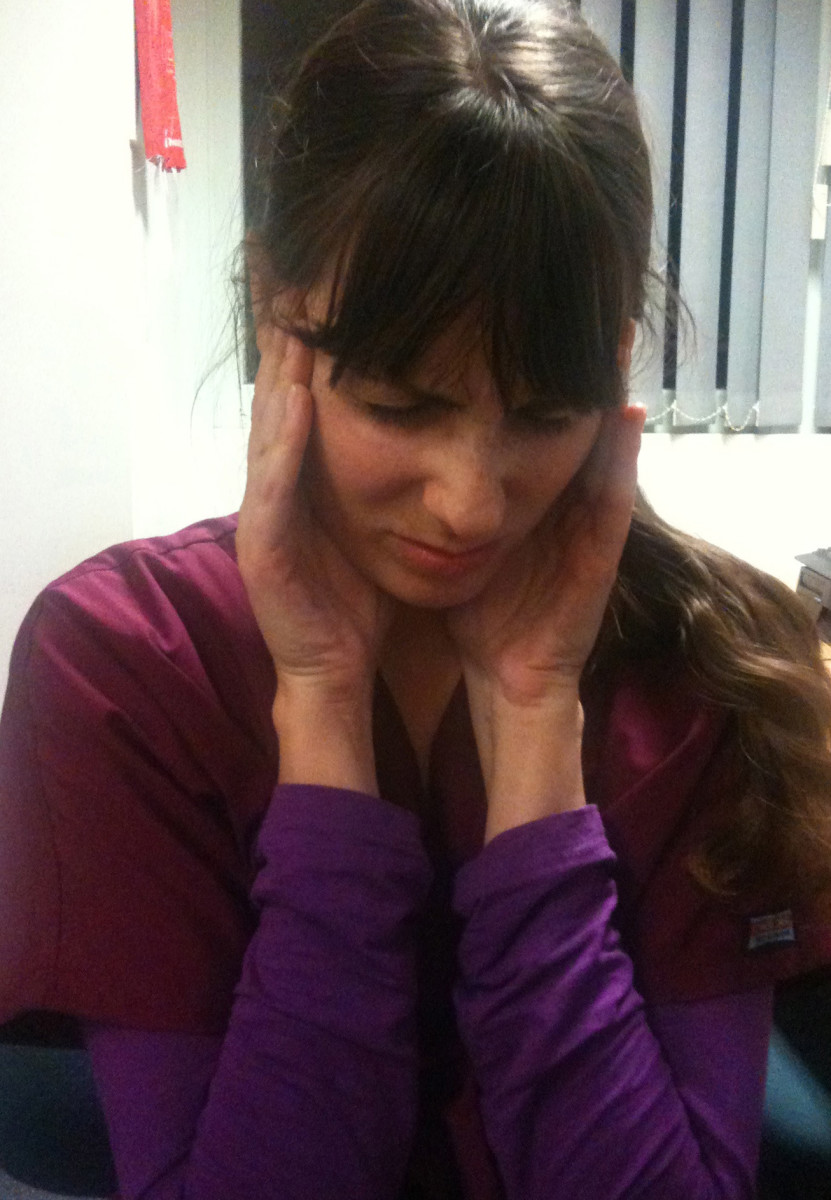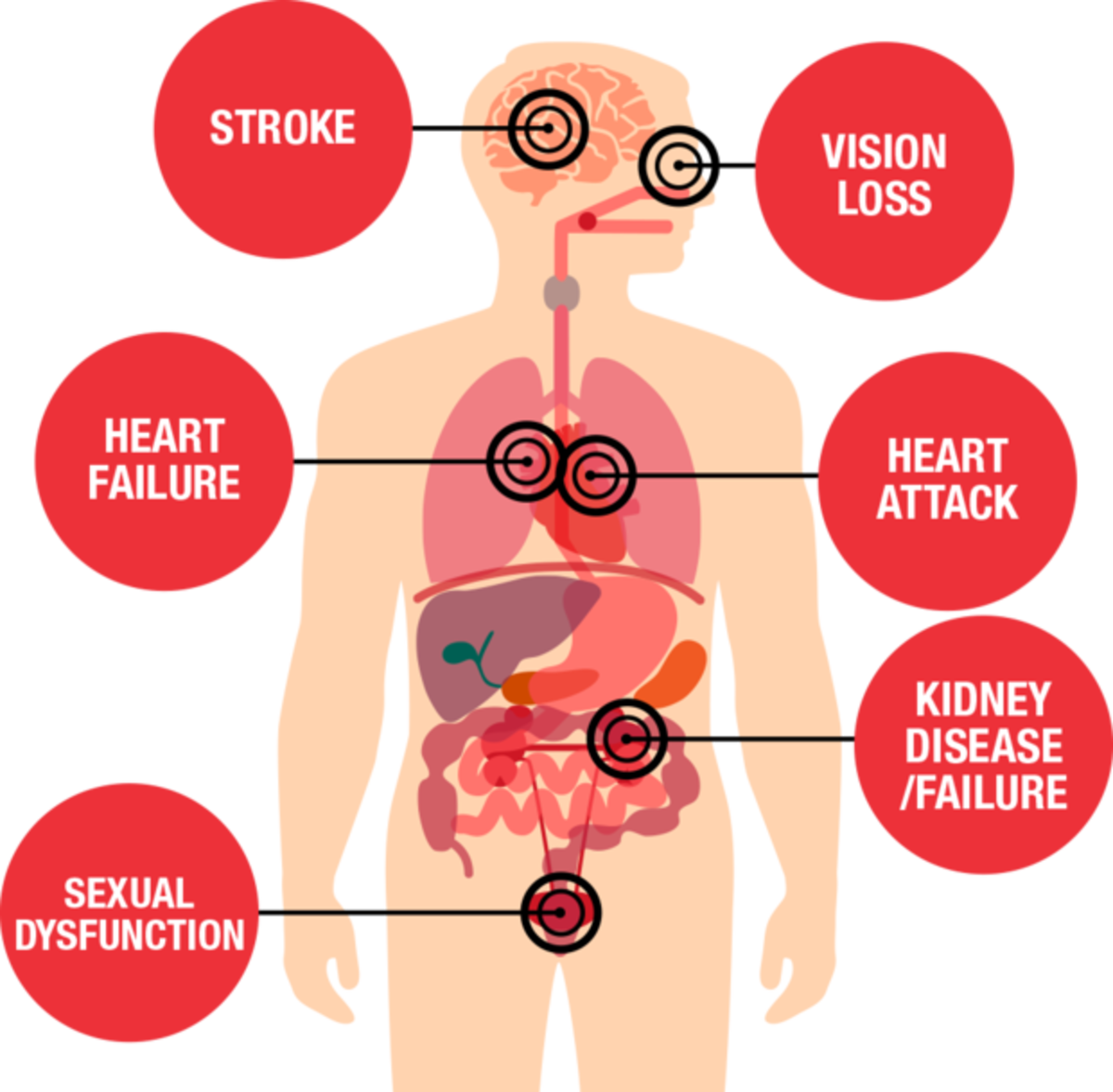The Negative Physical and Mental Health Effects of Stress

Many people take care of themselves by exercising and eating right, but stress alone can contribute to so many of the problems and diseases we try to avoid. Stress can have many negative effects on your health, from temporary hair loss to heart problems. Some stress can be healthy, however. Stress is what motivates us to finish a project by a deadline, perform at our best in a show, or look our best for a first date. In this article, I will discuss stress and some of the major effects it has on the body, as well as some important ways to reduce your daily level of stress.
"Fight-or-Flight"
Stress triggers a “fight-or-flight” response in the body. This means your body produces adrenaline in response to a certain stimulus, and our reactions are to “fight” (such as working hard to finish a project) or “flee” (such as running away from something harmful). When stress gets out of control, this response gets disrupted. If there is too much to deal with (such as too many projects to do in one night) and “fleeing” from the stressor altogether is not an option, this builds up the stress level into overload.
Stress and Heart Health
High Blood Pressure
Blood pressure is a measurement of the amount of force exerted on your blood vessels as your heart pumps blood through your body. A normal blood pressure is below 120/80. The top number is the pressure exerted when your heart contracts, and the bottom number is the pressure exerted when your heart relaxes. A certain amount of pressure is needed to keep blood moving efficiently through your body, but when the pressure becomes too high (hypertension), it can cause damage to your heart and organs. Adrenaline released during stressful situations causes a temporary rise in blood pressure. Pressure on the blood vessels also increases when the heart beats harder and faster. The blood vessels constrict to keep more blood at the core of the body. Although this type of stress is situational, over time it can cause damage to the body in similar ways that chronic high blood pressure would.
Tension Headaches
Emotional and mental stress can be a major trigger for tension headaches. Stress can cause you to tense the muscles in your neck and shoulders, which can eventually lead to a headache in the base of the back of your head (the occipital area) and on the sides of your head near the temples. Tension headaches, or stress headaches, often feel like a tight band is placed around your head. Stress can also trigger tension in the muscles under your scalp, which can also contribute to the squeezing feeling of tension headaches.
Digestive Problems
There is a strong connection between your brain and digestive system function. Stress can cause a variety of stomach problems including irritable bowel syndrome, stomach aches, and even stomach ulcers. The hormones released during stress can cause a change in the smooth muscle contractions in the digestive system. This leads to many of the symptoms associated with irritable bowel syndrome, such as diarrhea, cramping, and constipation. The increase in stomach acid secretion leads to upset stomach, ulcers, and heartburn.
See Also:
- 4 Reasons Why You Are Chronically Tired
Chronic fatigue is something many people experience every day. Here are some ways you can improve or eliminate your daily fatigue.
Sleep Problems and Insomnia
Ideally, nighttime is when you should be able to relax and get some rest after stressful events. During sleep, your brain sorts through and rationalizes the events from the day. This is why you can often make better decisions after “sleeping on it” overnight. However, stress often causes anxiety that can affect your sleep quality, and that means you will be less able to cope with stress each day.
Further Reading on Anxiety
Anxiety and Depression
Anxiety is a normal and typical reaction to stress. Continued stress, busy lives or demanding jobs can often lead to burnout. Burnout is the result of chronic stress that eventually leads to a sense of giving up, or being physically or mentally unable to continue dealing with the stressors. Burnout can cause feelings of helplessness, fatigue, and self-isolation, which can lead to depression in otherwise healthy individuals. Depression may also be worsened with medical problems including the ones previously listed in this article.
Can Stress Actually Kill You?
How To Know If You Are Stressed
How to Reduce Stress
Take Time for Yourself. The best way to prevent stress from a demanding job or lifestyle is to regularly do things for you. This may include taking time away from friends and family to focus on you, and only you. Try setting aside time for a relaxing hobby that you may have forgotten about because you were too busy. Take a day off to go to a spa, or simply take a long walk and enjoy the outdoors.
Exercise Regularly. Exercise has been shown to release endorphins, which increase feelings of well-being and happiness. Endorphins also have a mild pain-relieving effect. Exercise will help you sleep better and be more focused during the day. As a bonus, the results you get from a good workout will be a huge boost in self-confidence.

Meditate and practice effective breathing. The reason yoga is so effective at reducing stress is because it focuses so much on meditation and matching your breath with your movements. Effective breathing can reduce your heart rate and stress level. Close your eyes and breathe in over several seconds, hold your breath for a couple more seconds, and then pushing out as much air as possible through pursed lips.
Rant with friends! Studies have shown that getting things off your chest with a close friend actually does reduce stress level. Instead of keeping things to yourself and eventually snapping, you will be able to get things off your chest with a friend or close family member. Although this will not make the stressors disappear, you will be able to express your frustration and then continue on without the stress building up even more.
Melatonin as a Sleep Aid

Get plenty of sleep and avoid stimulants. When you are well-rested, you can physically and mentally cope better with stressors in your life. Aim for 7-9 hours per night. Stimulants like caffeine may temporarily help you focus more, but they usually end with a drop in mood and energy. Stimulants also make it difficult for your body to relax, and when you are stressed, relaxing is exactly what you need to do!
How do you reduce your stress level?
See Also:
- How to Wake Up More Easily in the Morning
This article explains several techniques you can use to wake up more easily in the morning. These steps will leave you feeling more alert, awake, and focused.









